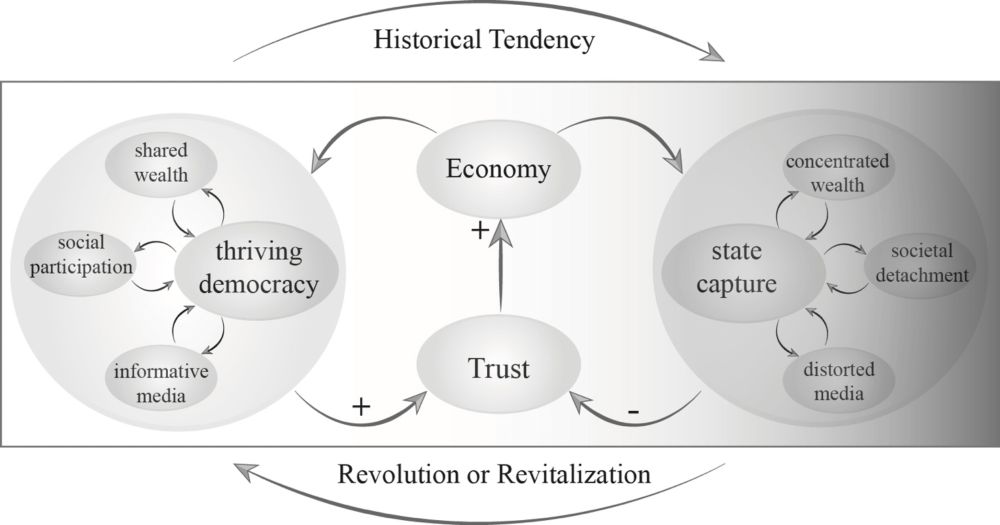Reposted by: Daniel Müller
Storytelling for science communication & land systems transformation
📅 Sept 30, 2025 | ⏰ 10 AM ET
with Dr. Nicholas Magliocca (Univ. of Alabama)
Come learn how storytelling can power science & transformation.
👉 Register here: umd.zoom.us/meeting/regi...

Reposted by: Daniel Müller
We're excited to share some interesting insights from our research group at IAMO. Keep up to date by following us.
by Navin Ramankutty — Reposted by: Daniel Müller
landsystems-lab.earth/news/25-07-3...
landsystems-lab.earth/news/25-07-3...
Reposted by: Daniel Müller
@juliegwen.bsky.social @erleellis.bsky.social

Reposted by: Daniel Müller

Reposted by: Daniel Müller
His research published in @science.org found that farms using multiple diversification strategies—like soil care, crop variety & water conservation—achieve the best results for people and nature.
Reposted by: Daniel Müller
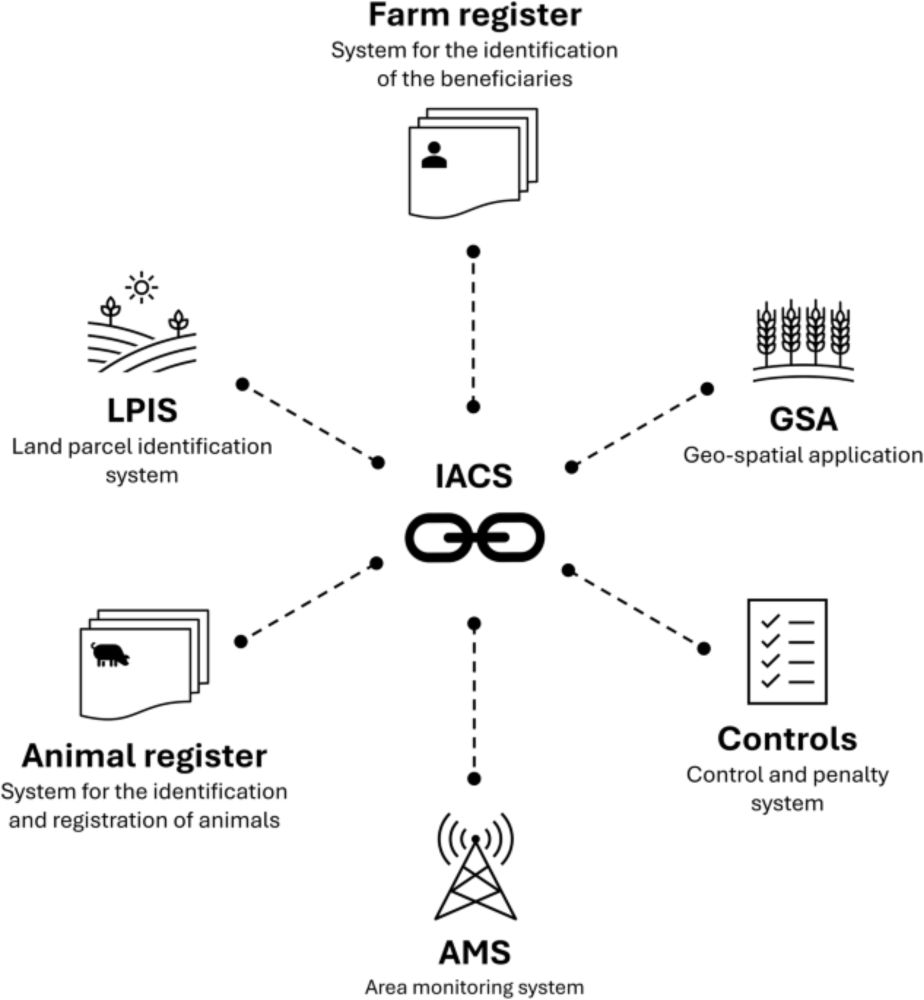
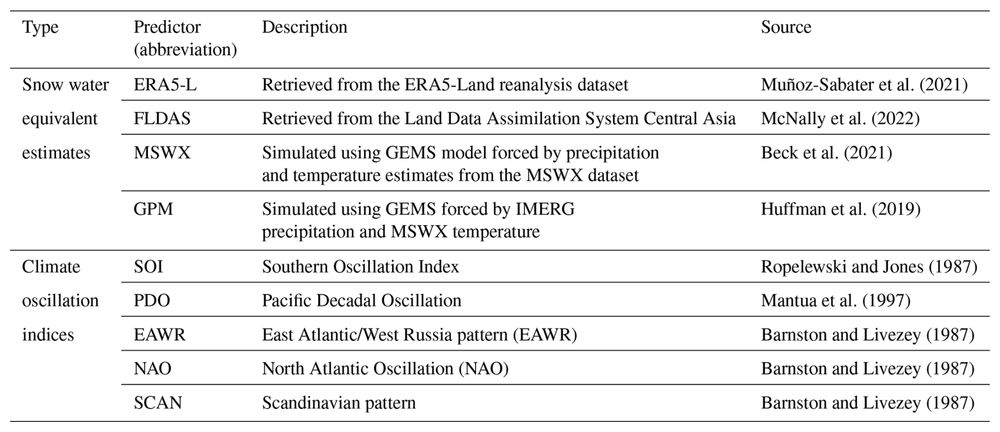
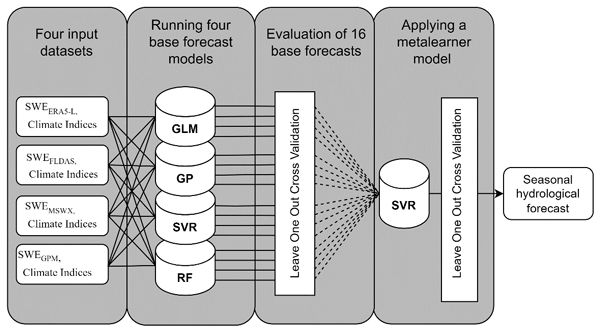
go.nature.com/450KElr
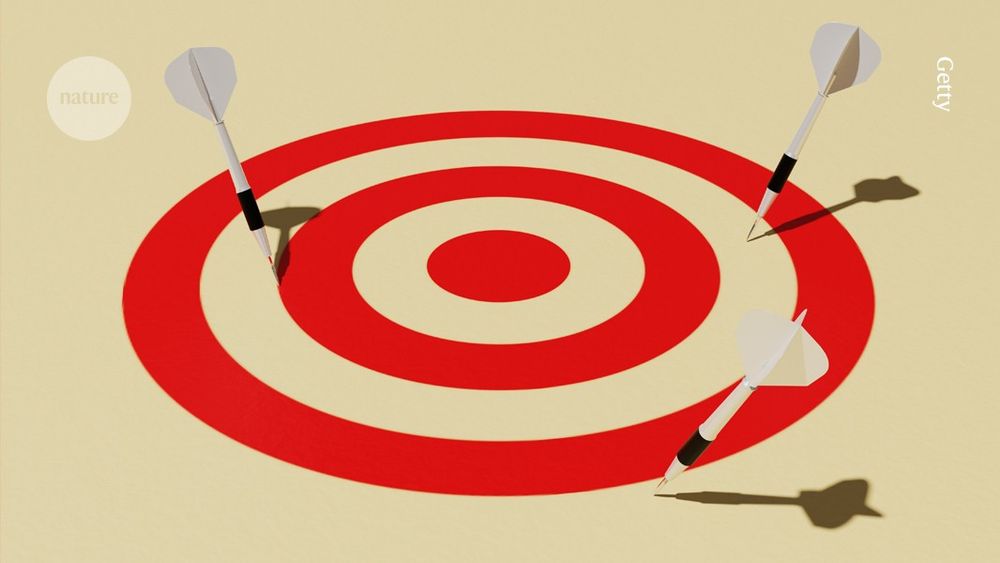
Reposted by: Daniel Müller, Tobias Kuemmerle
@tkuemmerle.bsky.social @kampjohannes.bsky.social @danielmu11er.bsky.social and Florian Schierhorn out now in Regional Environmental Change
@iamo.bsky.social
link.springer.com/article/10.1...
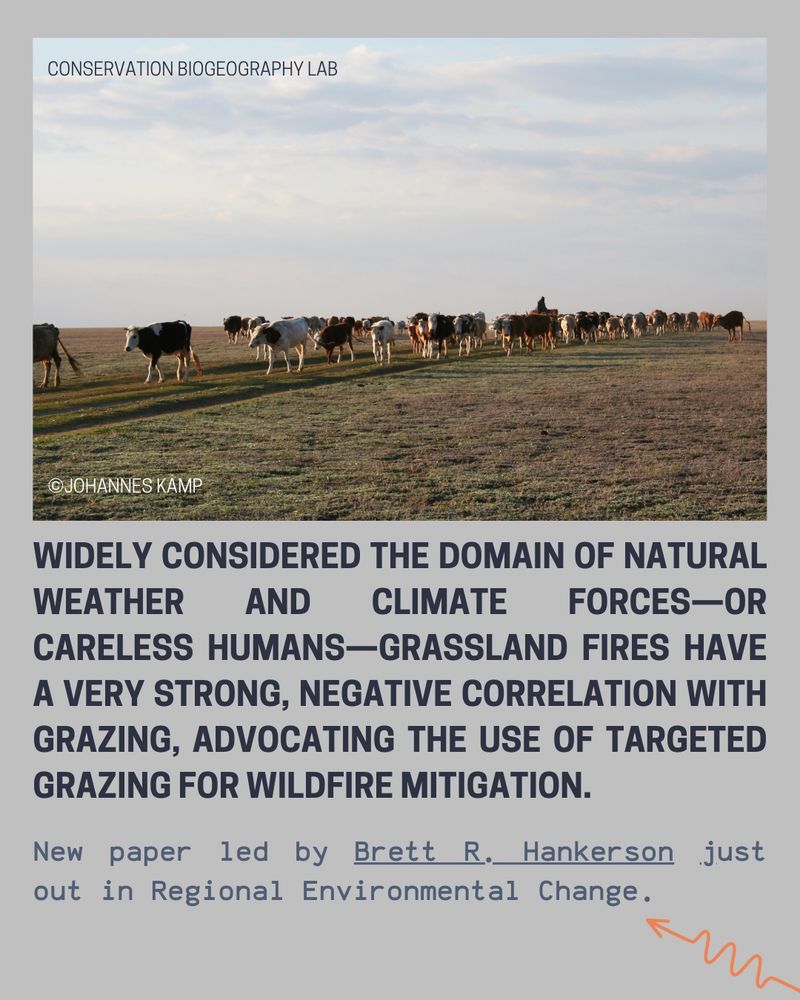
Reposted by: Daniel Müller, Niklaus E. Zimmermann, Julian Schrader
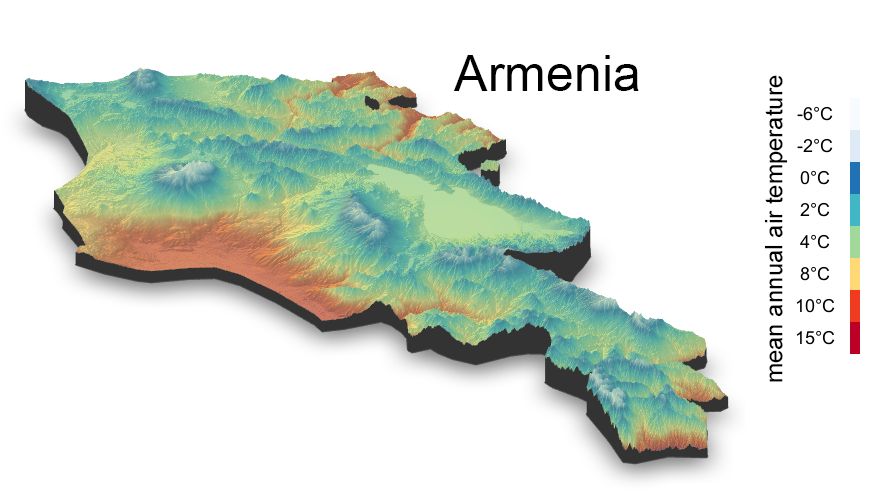
Reposted by: Daniel Müller
More empirical evidence that the build up of biomass due to the collapse of livestock systems made Kazakhstan a global #fire hotspot:
link.springer.com/article/10.1...
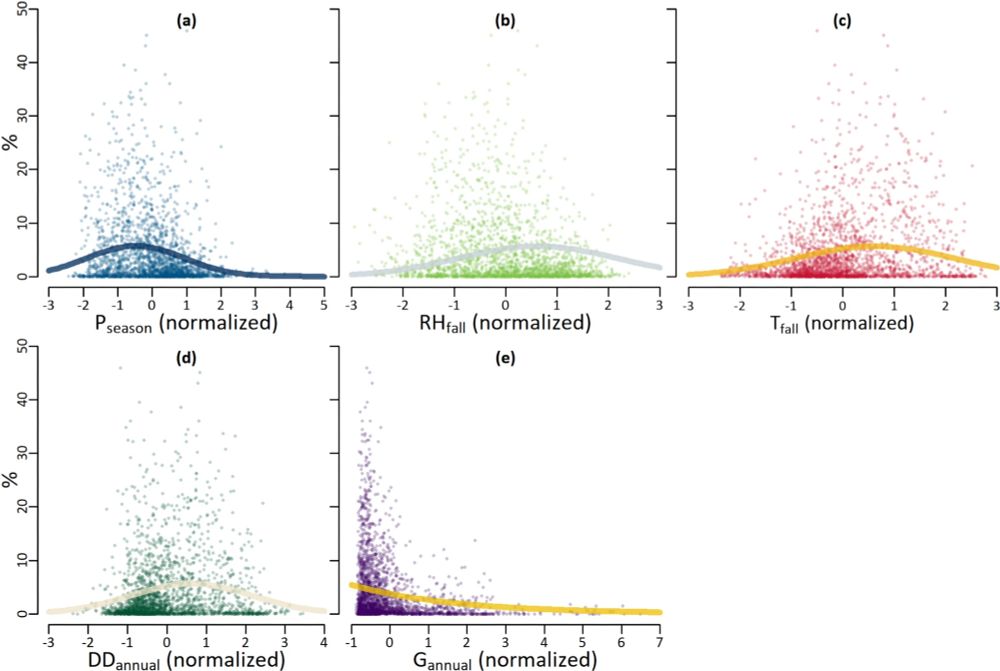
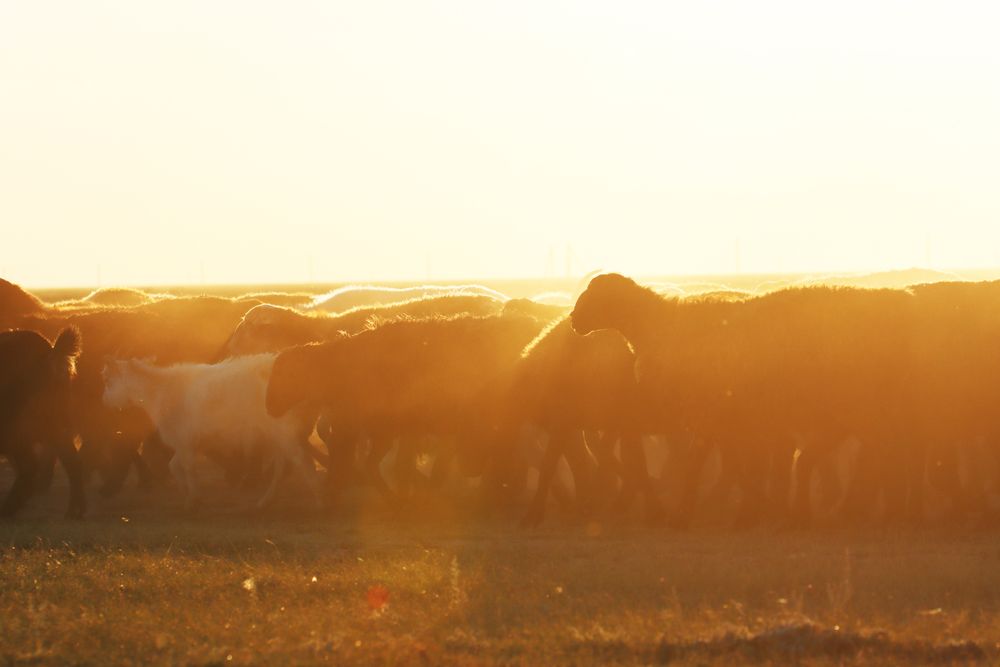
Reposted by: Daniel Müller
He was recognized for research showing how agricultural diversification can benefit both human and environmental health. He'll receive $1M to scale up his work. 🌱🌍
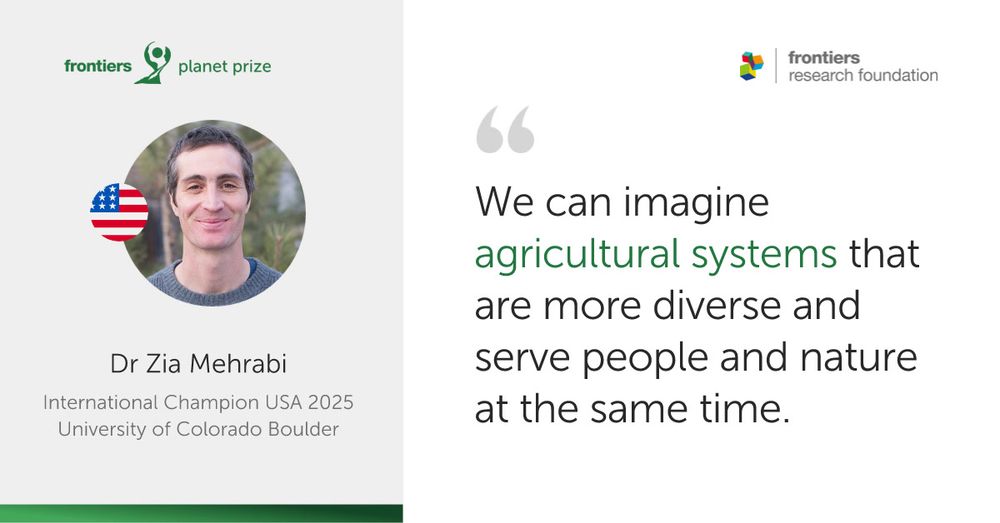
by Martin Jung — Reposted by: Daniel Müller
Land of opportunities: aligning organic farming and conservation targets in Europe
doi.org/10.1080/0964...
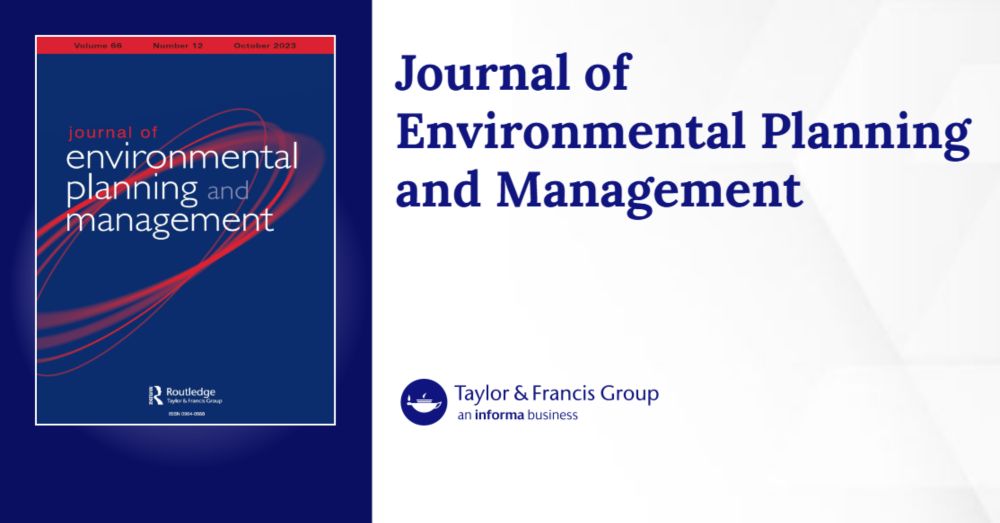
Reposted by: Daniel Müller
And you know how many were willing to share data?
14% of them.
If we're going to address replication issues, it has to start with sharing data.
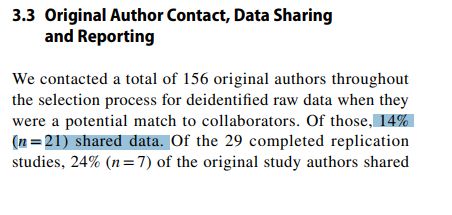
Reposted by: Daniel Müller
(Nice synthesis of our piece here: www.fu-berlin.de/en/presse/in...)
by Tobias Kuemmerle — Reposted by: Daniel Müller, Ingolf Kühn, Erle C. Ellis , and 3 more Daniel Müller, Ingolf Kühn, Erle C. Ellis, Marten Winter, Virgilio Hermoso, Matthias Baumann
pages.cms.hu-berlin.de/biogeo/websi...
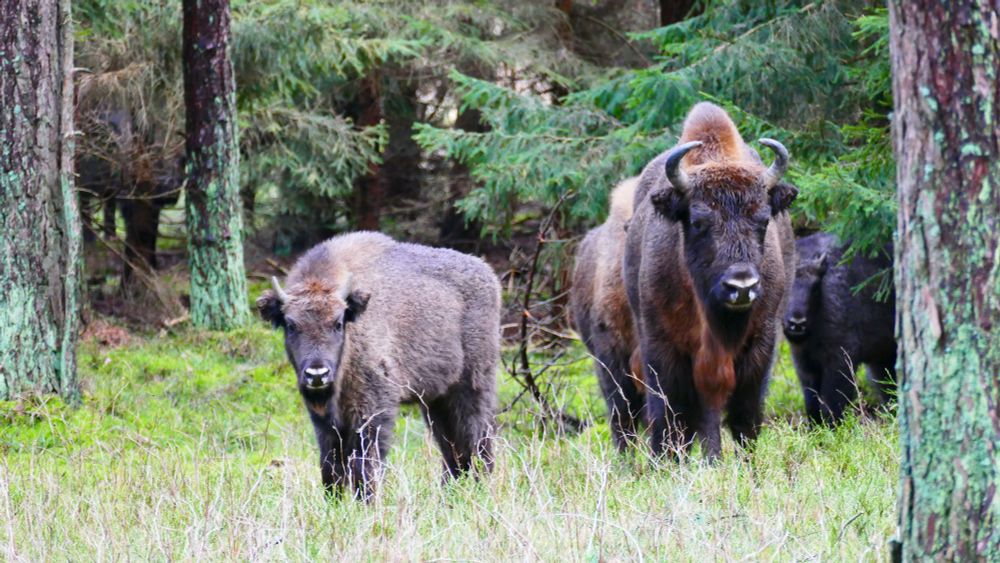
Reposted by: Daniel Müller, Tobias Kuemmerle, Matthias Baumann
New paper by @o-delgiorgio.bsky.social in PNAS @pnas.org
www.pnas.org/doi/10.1073/...
@matthiasbaumann.bsky.social
@tkuemmerle.bsky.social
@yannlepolain.bsky.social
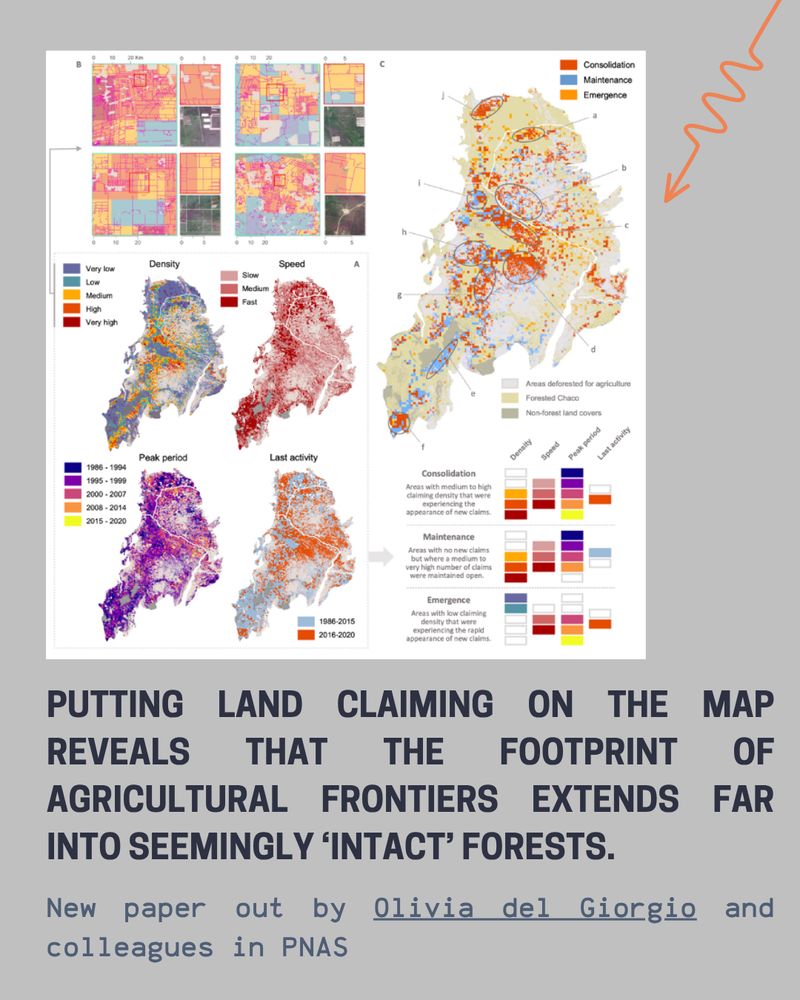
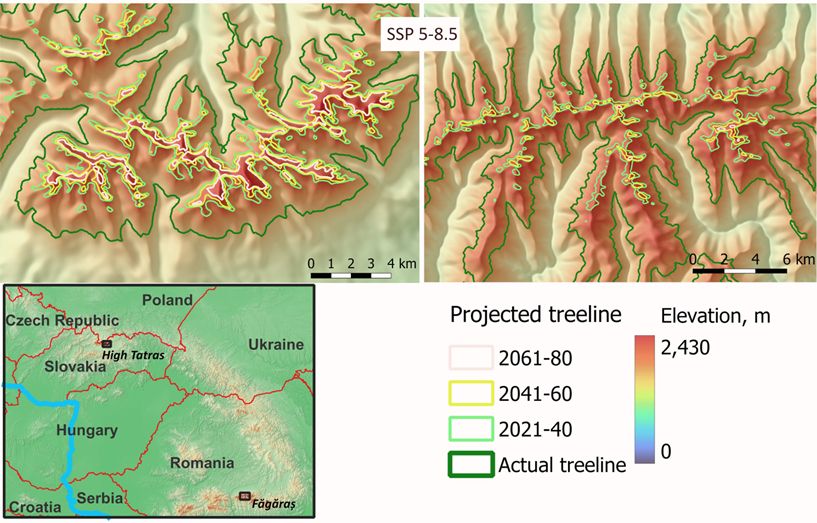
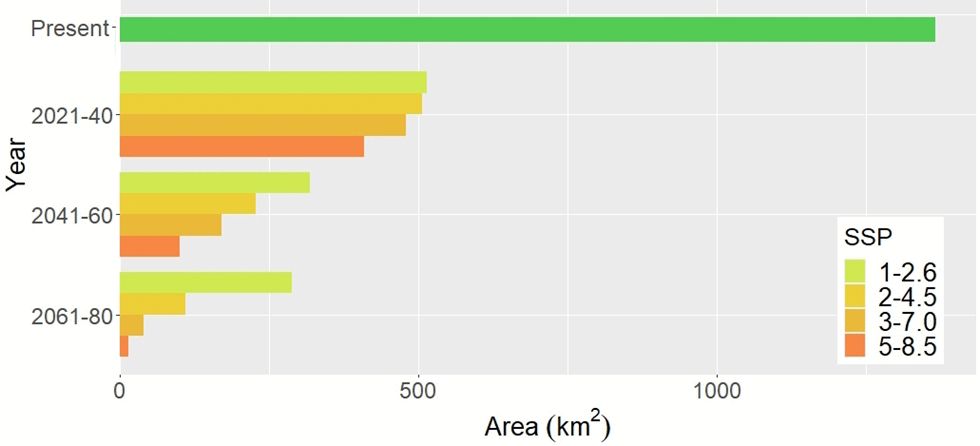
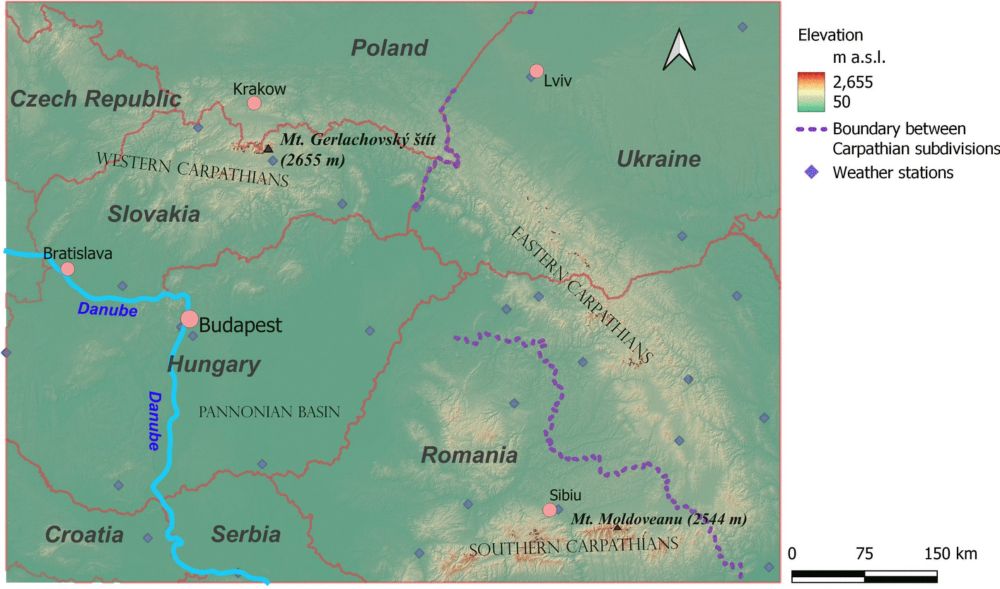
Reposted by: Daniel Müller
Registration for the IAMO Forum 2025 is open until June 1!
➡️ Register now:
forum2025.iamo.de/about-the-co...
Reposted by: Daniel Müller
The GLP Early Career Network & START are offering 5 Small Seed Awards (USD 1000 each) for projects led by ecr's & practitioners tackling Land System Science challenges.
More info here: drive.google.com/file/d/1qHkX...
Apply here: docs.google.com/forms/d/e/1F...
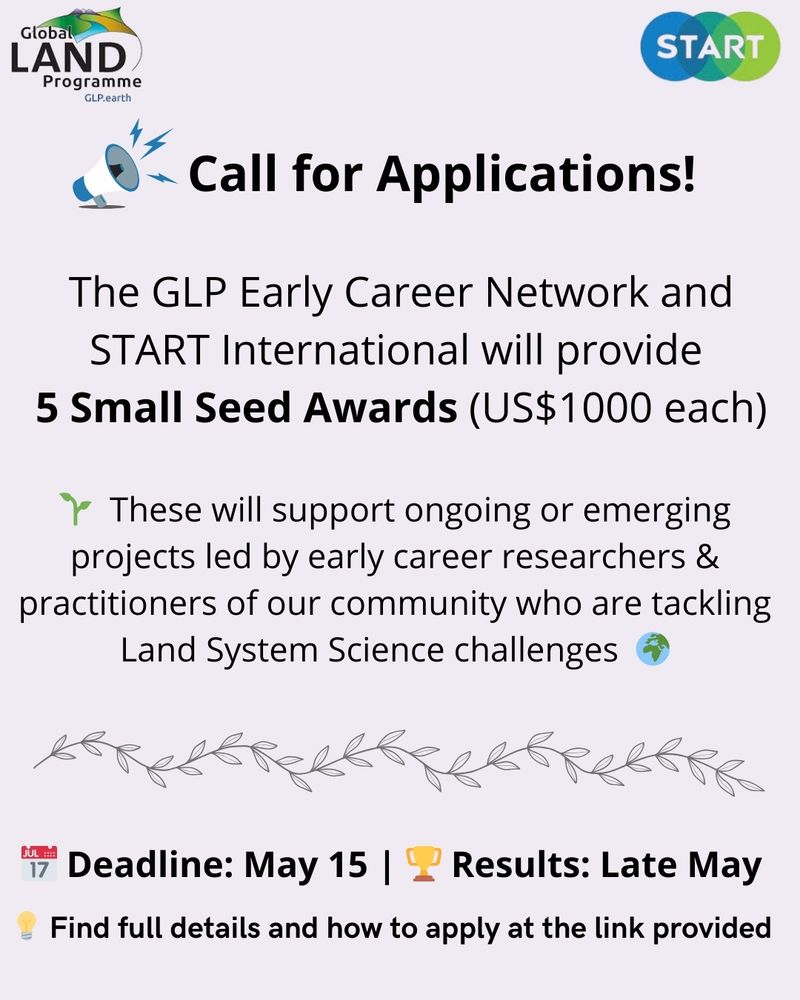
Reposted by: Daniel Müller

Reposted by: Daniel Müller
Soils in Eastern Europe and some parts of Germany are very dry. An extremely dry winter has not been able to replenish water reserves. www.zalf.de/en/aktue... #agriculture #climate change 🧪
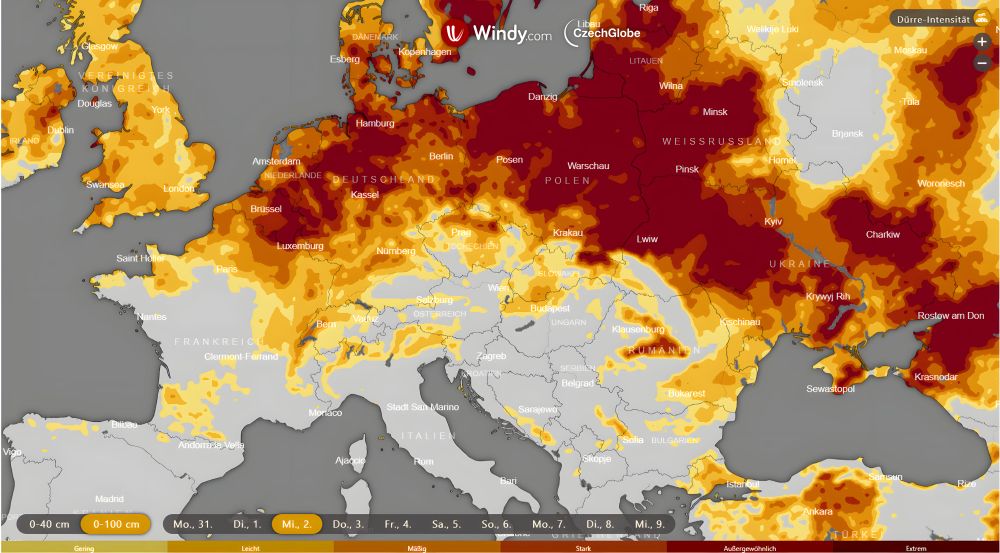
by Garry Peterson — Reposted by: Daniel Müller
Polasky+
doi.org/10.1073/pnas...
via "the intrinsic tendency for inequality to grow,
media to boost perceived unfairness, &
self-interest to gain rewards at the expense of others"
however,
investment in public good can create a high-trust state
